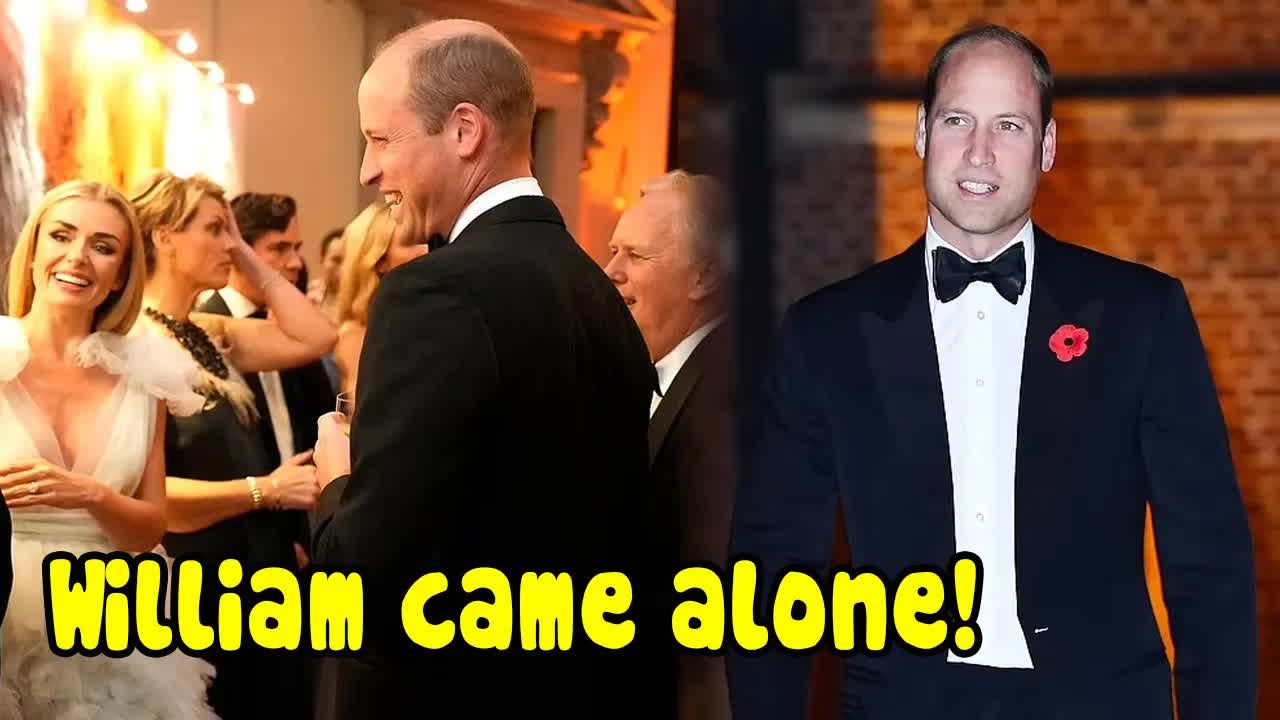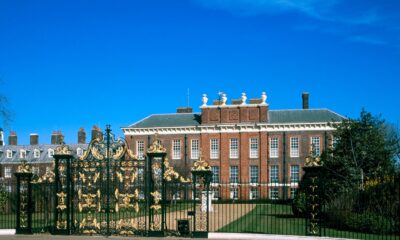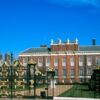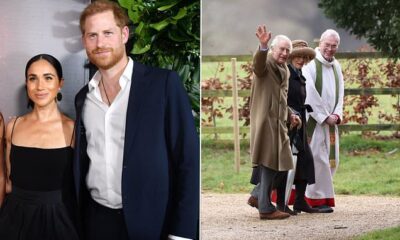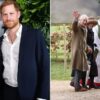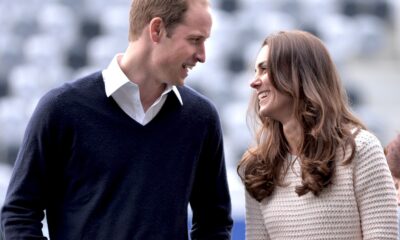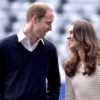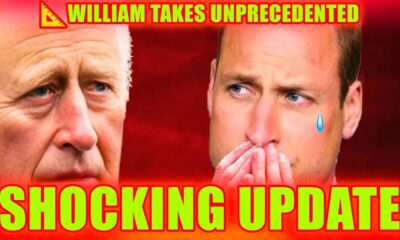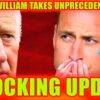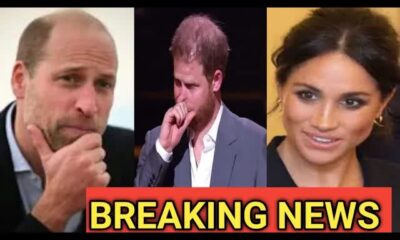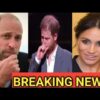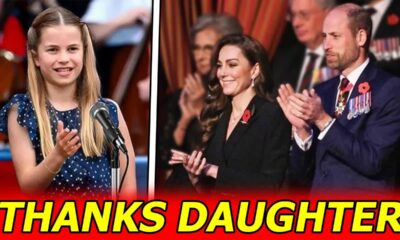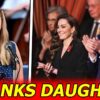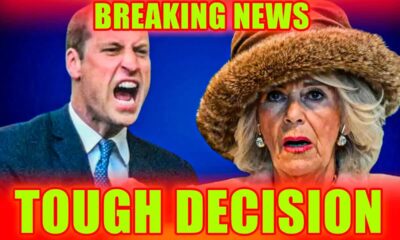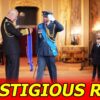The News
Prince William’s Poised Presence Amid Controversy at Tusk Conservation Awards
In a display of unwavering professionalism, Prince William graced the Tusk Conservation Awards at Hampton Court Palace, marking his first public appearance since the announcement of the new series of “The Crown.”
This latest season will feature Princess Diana's controversial 1995 Panorama interview with Martin Bashir, a moment that the Prince has previously condemned.
As the patron of the Tusk Trust, William's commitment to conservation shone through, even as the shadow of media scrutiny loomed large.
The timing of the awards was particularly poignant, coinciding with Netflix's release of a trailer for the fifth season of the royal drama.
The trailer includes a segment of the infamous interview, which William had urged media outlets not to broadcast again.
He has described the interview as unethical, asserting that it played a significant role in the tragic events leading to his mother's death two years later.
Despite initial expectations that only a brief excerpt of the interview would be shown, reports indicate that the series will include a four-minute and twenty-three-second clip.
This revelation has reignited discussions about the ethical implications of revisiting such a painful chapter in the royal family's history.
At the awards ceremony, the 40-year-old Prince maintained an air of focus and composure.
Dressed in a classic black tuxedo adorned with a poppy for Remembrance Day, he greeted guests with a warm smile, including renowned opera singer Katherine Jenkins.
His demeanor was a testament to his dedication to the evening's cause, honoring those who work tirelessly in wildlife conservation across Africa.
William took a moment during the event to highlight the extraordinary contributions of conservationists.
He praised the remarkable individuals on the frontline, emphasizing the vital role they play in protecting endangered species and preserving natural habitats.
His involvement with Tusk, which he helped launch in 2013, underscores his long-standing commitment to environmental issues.
Among the honored guests was Benson Kanyembo, a law enforcement advisor from Zambia, recognized for significantly reducing elephant mortality rates by 66% between 2018 and 2020.
Edward Ndiritu, head of anti-poaching at the Lua Wildlife Conservancy in Kenya, was also celebrated for maintaining near-zero poaching levels for seven consecutive years.
These achievements reflect the impactful work being done to safeguard wildlife in Africa.
During his address, Prince William underscored the urgency of environmental conservation, particularly in these tumultuous times.
He remarked on the ease with which society can overlook the importance of caring for our planet.
“We must invest in nature,” he urged, stressing the need to protect it for future generations rather than leaving a legacy of neglect.
The star-studded event attracted other notable figures, including businesswoman Debra Meaden and journalist Kate Silverton, creating an atmosphere of camaraderie among those passionate about conservation.
Meanwhile, Peter Phillips, Princess Anne's son, made headlines with his first public appearance since his brother-in-law Mike Tindall was announced as a contestant on “I'm a Celebrity… Get Me Out of Here.”
As Prince William fulfilled his charitable duties, royal commentator Ingrid Seward shared insights on the emotional toll of the ongoing media narrative surrounding his mother.
She suggested that William is likely upset about the reexamination of Diana's interview, given his previous statements urging against its airing.
“This is his mother and her memory they are doing this to,” Seward remarked.
The controversy surrounding the interview has been reignited by revelations from an investigation led by Lord Dyson, which concluded that Bashir acted inappropriately to secure the interview.
The findings revealed that he used deceitful methods, including the fabrication of bank statements, to gain access to Diana.
Following the report, Prince William publicly criticized the BBC, labeling the interview a “lie” and expressing concern over the organization's handling of the situation.
He welcomed the acknowledgment of Lord Dyson's findings but lamented the damage that had already been done, emphasizing the need for accountability in media practices regarding sensitive subjects involving the royal family.


